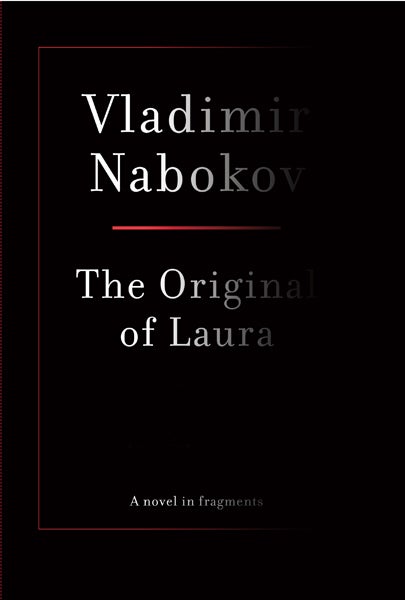
The Elegance of the Hedgehog is a novel written by French author and philosophy professor Muriel Barbery in 2006 and translated to English in 2008. It was a very successful book in France, spending almost two years on the best sellers list (That's more than Dan Brown does over here) and it has done pretty well for a work of translated fiction in the US enjoying strong sales and mostly positive reviews. It is a novel of ideas with a focus on cultivating an appreciation of the beauty in the world that goes unnoticed by so many.
The story is told by two narrators, both residents of a luxury Paris apartment building. The principle character is Renée, the building's concierge, and her first person narrative sections make up the majority of the story. Renée spends her days tending to the needs of the wealthy families who live at number 7 Rue de Grenelle. She carefully maintains an outward image of a dull, frumpy, stereotypical Parisian concierge and makes every effort to conceal her true nature from those around her- that she is a passionate autodidact who spends her free time engaged with art and philosophy.
The other narrator is an exceptionally bright 12-year-old girl living the the building named Paloma. Her perspective is relayed entirely in the form of entries in her journal. Paloma has decided that growing up means living a life that is tedious and unhappy, and has therefore decided to commit suicide on her 13th birthday. Her journals are used to record observations about the world as she looks for something with meaning; something worth living for. She keeps two journals, one of "Profound Thoughts" to record observations and insights about human nature and a second of "Movements of the World" where she records particularly beautiful or interesting movements or actions, everything from the elegant movements of football players her Dad watches, to the grace and beauty of a falling rose pedal, or the absurd and sublime incident of two mannered women fighting over the last pair of underwear at an Paris boutique (Ricky Fitts would be proud).
These two character begin the story in their own separate worlds, isolated from almost everyone around them and unaware of each other beyond superficial familiarity. As the story progresses a third character is introduced, a retired Japanese businessman named Kakuro Ozu who moves into the building and manages to see through the facades of both characters and engages them, bringing them out of their respective hiding. These matters of plot, however, are mostly a pretext to allow the characters to muse on philosophy, the meaning of life, the beauty of art, and other ideas. The novel is filled with allusions to Tolstoy, Kant, Husserl and Marx as well as 17th century Dutch painters and Japanese arthouse filmmakers and also films like Blade Runner. It is an interesting and thought-provoking mixture.
It was a different perspective for me to read a novel by an older, female, European author. I enjoyed the characters even if they were a bit thin and unrealistic (Paloma was great, but she did have a tendency to sound like a middle-aged philosophy professor at times.) There was a lot of class-consciousness in the story, especially from Renée, the concierge, who really seemed to be going to extraordinary lengths to ensure that none of the wealthy families she worked for caught on to the fact that she was reading Kant and Husserl in her spare time. I can relate to keeping to yourself and not advertising your intellectual tendencies but the need for being so covert and guarded was hard to understand. Would the residents really care, or pay any mind at all if she was found reading a book instead of watching TV? I also had trouble accepting Palomas haste to chose suicide as the only viable option despite being presented to us as a highly intelligent person who must know that she has only experienced a fraction of what life has to offer at age 12. But it is best to accept these elements and give the story a chance. Themes of class struggle and the idea of suicide are important to the novel for the philosophical concepts they represent. If Camus can state that "there is but one truly serious philosophical problem, and that is suicide" in The Myth of Sisyphus I should accept Paloma's inclination as well.
The real point of the novel is in the constant digressions into observations of human nature and reflections on the beauty of art. Barbery is using a novel to explore ideas about how we live and why we live. The novel is about philosophy, literature, music, art, and how they lend meaning to life. Once you have read it through you can flip through it again at random and any given section you re-read will give you something to consider and reflect on. This alone makes it worthwhile, and accounts for much of the popularity and praise the book has received.



